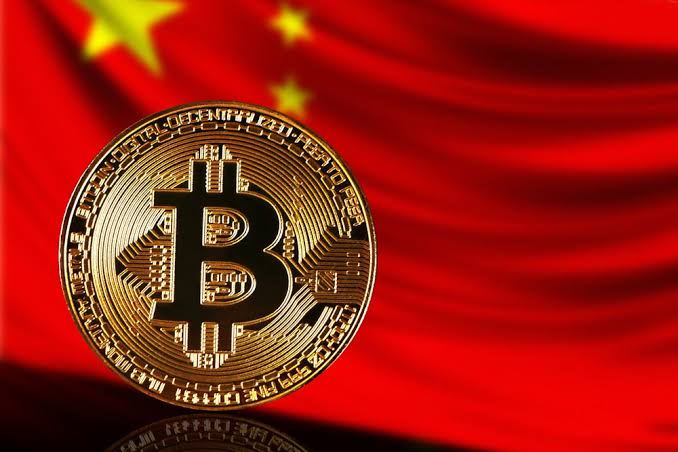The economics professor suggested that while China’s present crypto ban is advantageous in the short run, significant chances may be lost in the long run.

A former central bank official in China, Huang Yiping, has called for a review of the country’s strict cryptocurrency restrictions. Huang, who was once a member of the Monetary Policy Committee at the People’s Bank of China (PBoC), believes that the ban on cryptocurrency trading may not be sustainable in the long run.
Huang expressed his concerns about the future of fintech in China and the potential missed opportunities for the formal financial system if a permanent ban on crypto is implemented in a speech in December.

According to Huang, crypto-related technologies, including blockchain and tokenization, are “very valuable” to regulated financial systems. He stated that while a ban on cryptocurrencies may be practical in the short term, it deserves an in-depth analysis for its long-term sustainability.
Huang emphasized the importance of developing a proper regulatory framework for cryptocurrencies, although he admitted that it won’t be an easy task. He also acknowledged the risks associated with cryptocurrencies like Bitcoin, claiming that it is more of a digital asset than a currency because of its lack of intrinsic value.
As an economics professor at Peking University’s National School of Development, Huang admitted that China’s central bank digital currency has failed to reach wide adoption. He suggested that the pros and cons of allowing private institutions to issue stablecoins based on the digital yuan are worth considering, although he considers it a “very sensitive” question.

China has been known for its “blockchain, not Bitcoin” stance, with President Xi Jinping calling for the acceleration of blockchain adoption in 2019. However, the Chinese government has also shown some hostility to crypto, eventually banning virtually all crypto transactions in 2021.
Despite the ban, China remains the second largest Bitcoin miner in the world, with mainland China customers accounting for 8% of the collapsed crypto exchange FTX. Some local crypto enthusiasts even believe that China has never really banned individuals from possessing or trading crypto.